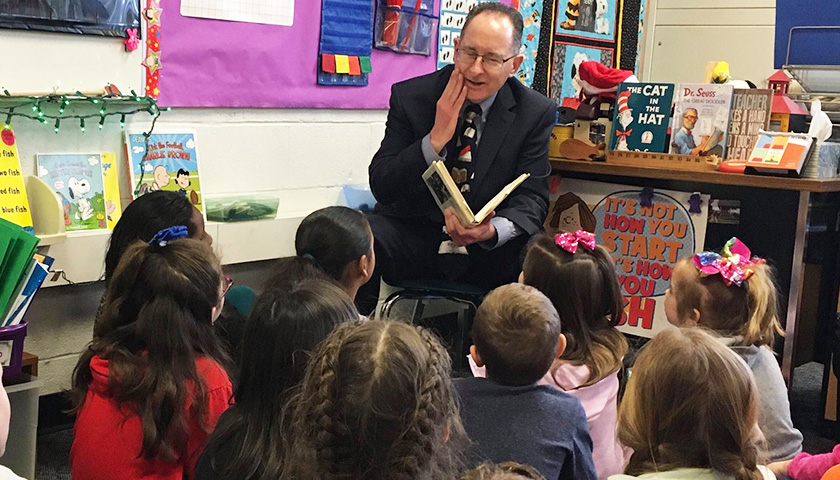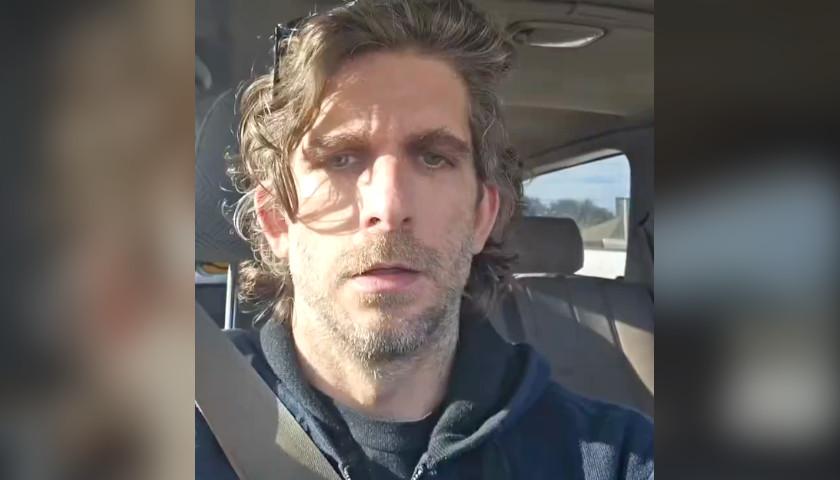by Bruce Walker
A proposed ballot initiative to allow tax credits for families seeking to send their children to private schools in Michigan sparked a rebuke in the form of a resolution by the State Board of Education.
Proponents are currently attempting to collect 340,047 signatures to place the Let MI Kids Learn program on the November ballot.
The Board of Education resolution, issued Tuesday, characterizes the program as “a voucher proposal [that] would reduce state revenue by as much as $500 million in the first year, with the potential for revenue loss to increase 20% per year in later years.”
The ballot initiative attempt began after Democratic Gov. Gretchen Whitmer vetoed last October a legislative bill to create the Student Opportunity Scholarship Program. Let MI Kids Learn program would circumvent what would most assuredly be once again vetoed by the governor.
According to the Mackinac Center for Public Policy, the SOSP would have featured:
- State-regulated and qualified nonprofit organizations would be eligible to receive donations from Michigan taxpayers to fund scholarship accounts for eligible families and children.
- Taxpayers donating to these accounts would receive a dollar-for-dollar tax credit against the state taxes they owe.
- Total state tax credits used for the program would be limited to $500 million.
- Most Michigan students would be eligible for accounts, including all low-income families and children with disabilities.
- Accounts could be used to pay for a wide variety of education expenses, including private school tuition, tutoring, dual enrollment and AP courses, after-school programs, special-needs therapy, career counseling and training, and education-related transportation.
- Eligible students who remain enrolled in public schools could qualify for up to $500 per year, or $1,100 for students with disabilities.
- Students not supported by state funding for public schools, such as those enrolled in private schools or providing at-home instruction, would have their accounts funded up to 90% of the state’s K-12 foundation allowance, or about $7,800.
“Thousands of Michigan families should be upset by this resolution, but it isn’t surprising to those who follow Lansing politics,” the Mackinac Center’s Director of Education Policy Ben DeGrow told The Center Square. “The State Board majority and superintendent have consistently taken the side of a broken K-12 system over the neglected needs of many students. Fortunately, Student Opportunity Scholarship accounts are designed to empower families to address those needs.”
DeGrow disputes the claim Student Opportunity Scholarships would reduce public school revenue by $500 million, citing fiscal analysis he conducted with Martin Lueken, director of Fiscal Research & Education Center at Ed Choice.
“Looking only at the revenue side ignores the fact that the program would have a very small fiscal impact, and likely a favorable one,” DeGrow said. “The only way school systems would be devastated is if large numbers of students leave because they’re being poorly served.”
In a statement in which she expressed her opposition to Let MI Kids Learn, State Board of Education President Dr. Casandra Ulbrich noted a 1970 Michigan ballot initiative, commonly known as the “anti-parochiaid” amendment, which prohibits any “payment, credit, tax benefit, exemption or deductions, tuition voucher, subsidy, grant or loan of public monies or property.”
According to Ulbrich, Let MI Kids Learn “is a thinly veiled attempt to enact private school vouchers in Michigan and subvert a democratic vote of the people to amend our state constitution – a constitution that protects public tax dollars from being given to private schools.”
DeGrow cites several recent U.S. Supreme Court rulings that indicate the 1970 amendment could be declared unconstitutional. Such rulings as 2020’s Espinoza v. Montana Department of Revenue, he said, advanced both religious liberty and educational choice. In that ruling, the Supreme Court determined the U.S. Constitution prohibits states from discriminating against religious parents who determine a private education system is the best manner to educate their children. The ruling further allows lawmakers to establish a private educational choice program.
– – –
Bruce Walker is a regional editor at The Center Square. He previously worked as editor at the Mackinac Center for Public Policy’s MichiganScience magazine and The Heartland Institute’s InfoTech & Telecom News.
Photo “State Superintendent Dr. Michael Rice Reads to Young Students at Beadle Lake Elementary School in Harper Creek Community Schools” by Michigan Department of Education.





